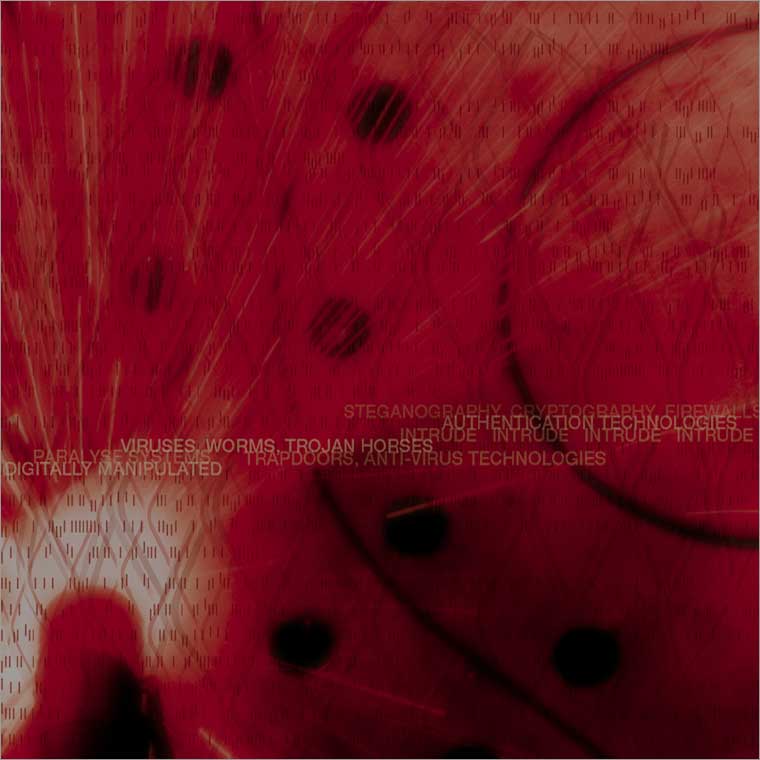 |
 |

"In late modernity, the social production of wealth is systematically accompanied by the social production of risk." (Ulrich Beck, sociologist, author of "Risk Society")
The risk society turns digital. Fast and efficient information and communication technologies (ICTs) are the icons of post-industrial society.
But the habitual glamour of the ICT world is quickly forgotten when viruses, worms and Trojan horses destroy files or software faults paralyse systems.
The effort to check such risks is called security. Anything from encrypting private e-mails to protecting sensitive corporate data using "firewalls" and regulating Internet use serves purpose of minimising risks. But whose risks?
The mirror hall of security. The vast range of technologies and possible meanings of "security" make it an insecure term, and the line between defence and attack is messy.
In the name of security, governments, police departments, and defence contractors around the world call for restrictions on internet use and spend public money on the development of infowar technologies.
Infowar hysteria. Worse case scenarios of infowar attacks on critical information infrastructure have taken over from old time cold war rhetoric. "Rogue states", non-Christian fanatics and mad computer nerds serve as justification for a new informatics armament process devouring vast social resources.
Legitimate concerns about the security of computer networks and post-cold war big-stick ideology often blend into a sour mixture threatening digital human rights such as privacy protection and freedom of speech.
Security and authoritarian politics. Following the logic of the market, sustained insecurity is the best sales argument for the security industry. Sustained insecurity becomes both a marketing strategy for the security industry and a rationale for tough law and order politics.
In this way, security becomes its own obstacle, and calls for more authority are resounding in the streets of the digital polis.